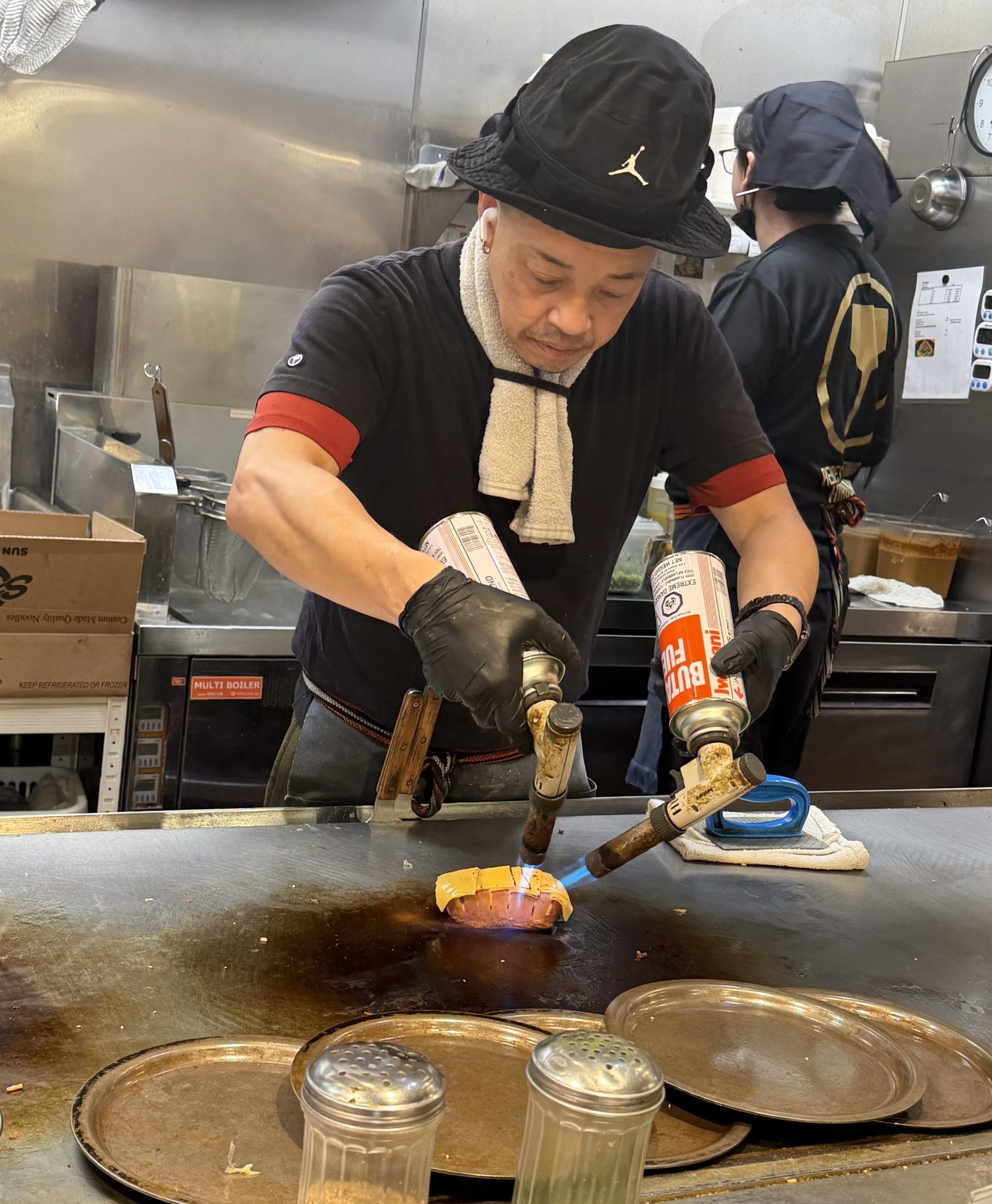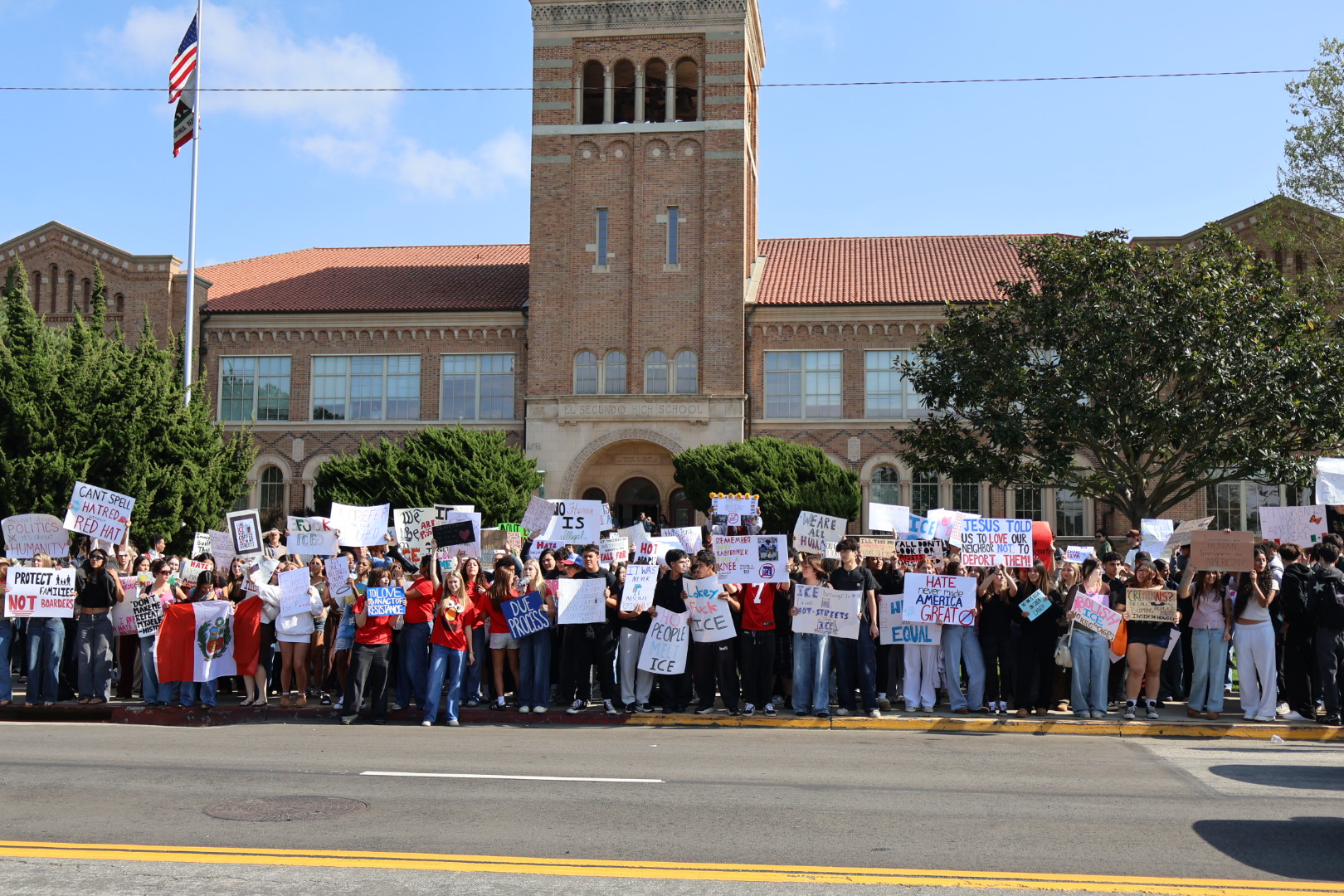Harold Rothman, owner of Manhattan Beach creamery, was shocked when he pulled up in front of his shop one day and saw a food truck making sales on the street.
“It was blocking my building,” Rothman said, adding, “It’s very disturbing, really, what the future entails for us.”
Rothman voiced his grievances to the Planning Commission last week, as it discussed regulating food trucks on private property in Manhattan Beach.
City staff is currently drafting two different ordinances to regulate food trucks on both private and public property. Staff will present the private property ordinance to the Planning Commission on Dec. 14, and the public property ordinance to the City Council at a later date.
“The burdens of the trucks on our streets is very real,” said Sandra Seville-Jones, chair of the commission. “I don’t think it’s fair that the public is leasing that property for people to make money at the rate of a parking meter.”
Rothman said that he pays about $100,000 in rent annually. “I think it’s the responsibility of City Council to act as a landlord for us and to protect us,” he said.
Jason Oliver, an employee of the creamery, said business is booming during the summer. When it slows down in the winter, food trucks can wheel on while the renters are forced to stick it out, he said. “I don’t think I should get to share my summers with somebody who doesn’t have to make the commitment to being here during the wintertime,” Oliver said.
The city is exploring a temporary use permit that would allow trucks to sell at certain locations under certain conditions, said Richard Thompson, the city’s director of community development.
“The fees should be stiff, $40 isn’t going to do it,” said Commissioner Martha Andreani, adding that hours of operation, noise restrictions, responsibility to clean-up, accessible bathrooms and a letter grading system for sanitation should be addressed in the ordinance.
That food trucks don’t have overhead costs is an illusion, said John Bowler, a former Hermosa Beach councilmember who runs a company that books food trucks for events, and who owned a restaurant for 25 years. Food truck operators pay to lease their trucks, pay for truck maintenance and storage, and like restaurants, insurance, payroll and payroll taxes, he said. “There’s a tendency to look at (food trucks) and say it’s a license to print money. That really is not the fact,” he said, adding, “Not to say that a permit is not a valid approach, but not for that justification.”
Plus, Bowler said, “Competition in a free market economy is supposed to be a positive event.”
Robert Eskowitz, owner of Manhattan Pizzeria, which will celebrate its ten year anniversary next year, said the food trucks stayed late on Friday and Saturday nights, directly competing with his late-night sales. “They took a lot of our summer business away,” he said. “We pay the rent, huge rent, for being downtown right there,” he said.
Rothman also shared discontent about the aesthetics of food trucks on city streets. “It just doesn’t look good. It looks like swap meet going on,” he said.








